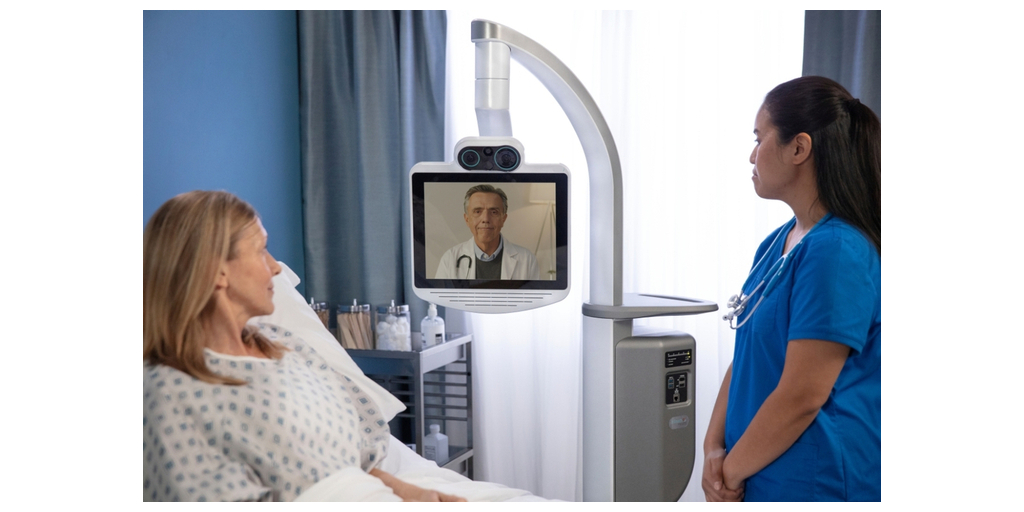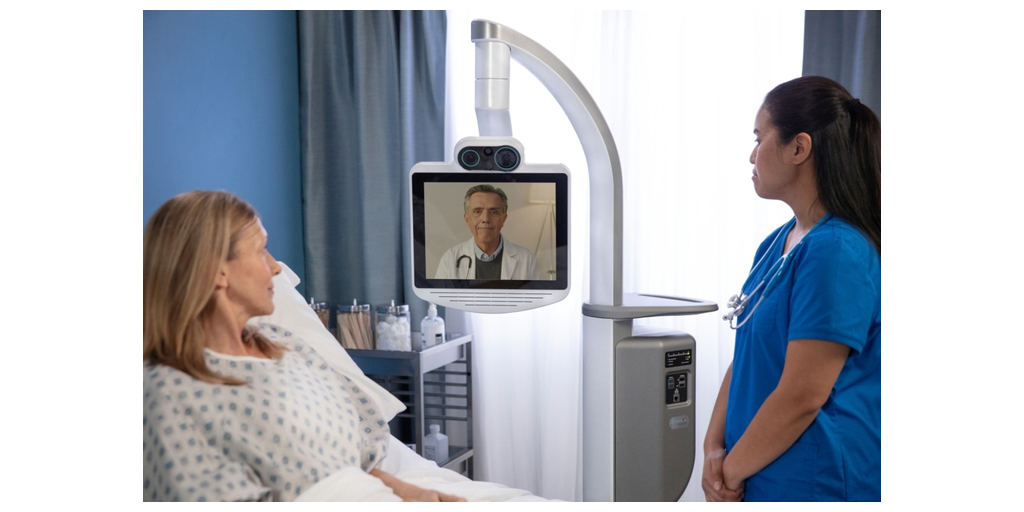Albertans Embrace Technology to Improve Health Care Access
A recent survey commissioned by Teladoc Health Canada reveals that Albertans are increasingly open to using technology to enhance health care access, despite ongoing challenges in the healthcare system. The survey, conducted by Nanos Group, highlights that 57% of Albertans believe hybrid care models could significantly improve healthcare accessibility, particularly amid ER closures and staffing shortages.
The survey findings show that over 70% of Albertans are comfortable with virtual care for non-urgent matters, with 39% expressing comfort and 35% being somewhat comfortable. Additionally, two-thirds of respondents supported a hybrid model combining in-person care with virtual clinicians. “Albertans are ready to explore new healthcare options,” said Joby McKenzie, Managing Director of Teladoc Health Canada. “They recognize that virtual and hybrid care can provide quicker and more convenient access to healthcare services.”

The survey results come at a critical time, as Albertans continue to face significant healthcare challenges. Over one in five residents wait seven or more hours to be seen in emergency or urgent care centers, with average primary care wait times reaching 10 days. Consequently, more than one-third of Albertans have delayed or avoided seeking care due to lengthy wait times, resulting in worsened health outcomes for some.
The findings are being released in conjunction with the “Bridging the Gap: Advancing Rural Health Care through Innovation & Collaboration” event, hosted by the Lethbridge Chamber of Commerce and sponsored by Teladoc Health Canada. This event brings together healthcare leaders to discuss innovative solutions for expanding healthcare access across Alberta.
Teladoc Health Canada is committed to collaborating with local healthcare leaders to explore how virtual and hybrid care models can make healthcare more accessible and timely for Albertans. With over 20 years of experience delivering virtual healthcare services to millions of Canadians, Teladoc Health Canada aims to ease pressure on frontline healthcare services while improving patient care.
The survey’s release highlights the growing recognition of technology’s role in addressing Alberta’s healthcare challenges, particularly in rural areas where access is most limited. As healthcare leaders gather to discuss innovative solutions, the findings underscore the potential for virtual and hybrid care models to transform healthcare delivery in the province.


